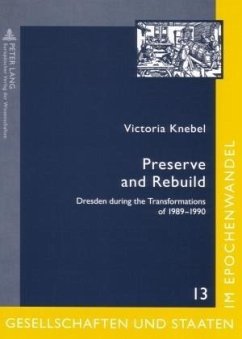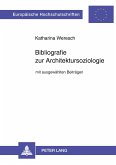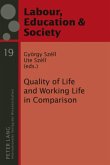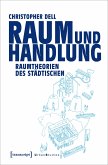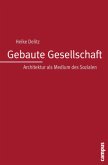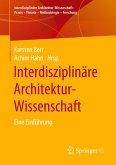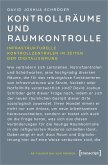The reunification of Germany in 1990 has prompted far-reaching debates about German identity, history and tradition. One framework for these debates is provided by the extensive urban development and building activities which have commenced in Eastern Germany since 1990. This ethnographic case study of post-communist Dresden explores the complex symbolic meanings of such projects as the rebuilding of the Frauenkirche, Dresden's quarrels with the UNESCO about a new Elbe bridge, and many others. It traces a history of civic engagement from the time of the GDR through to the present of reunified Germany, and demonstrates the built environment's importance for identity construction in periods of social transformation.

